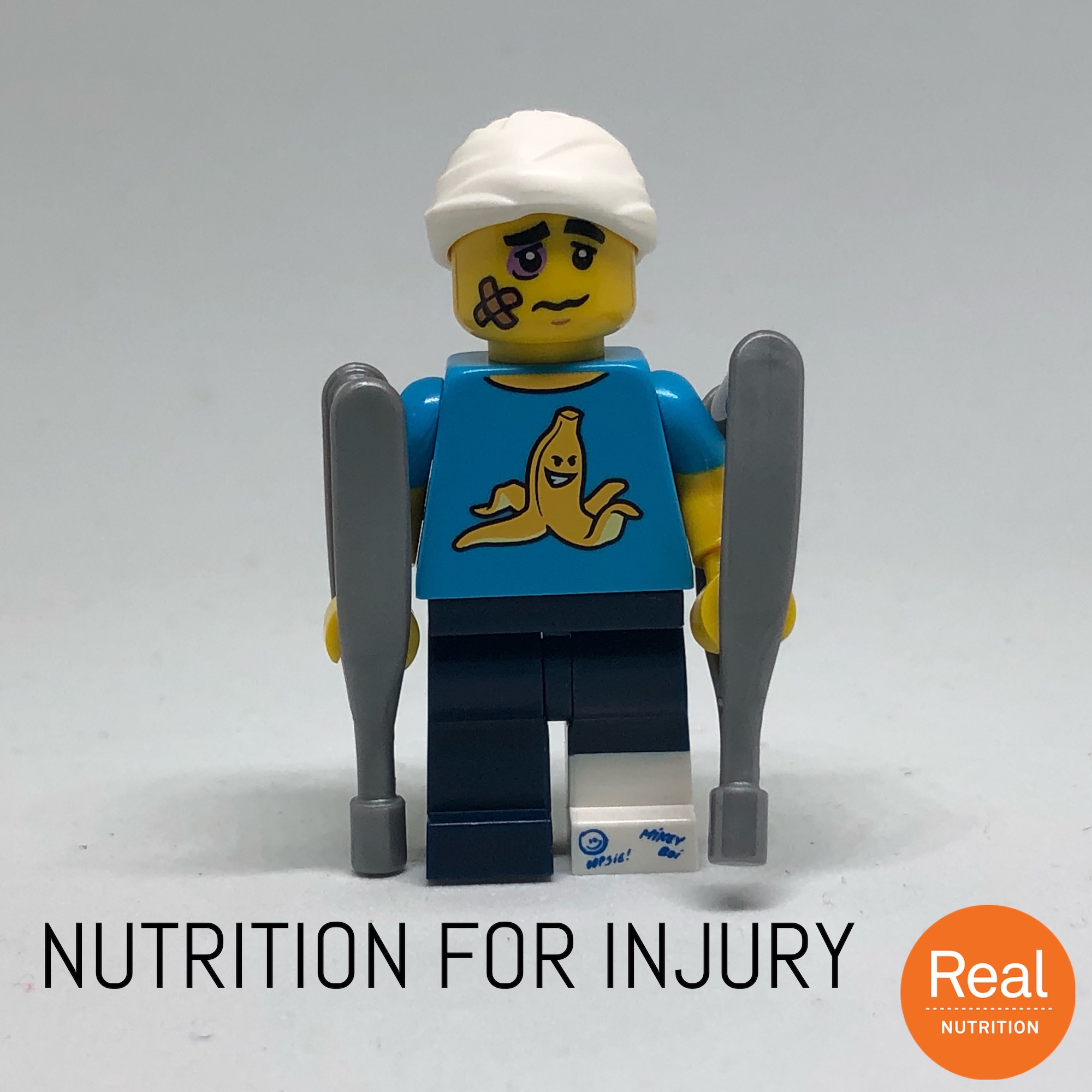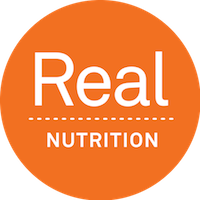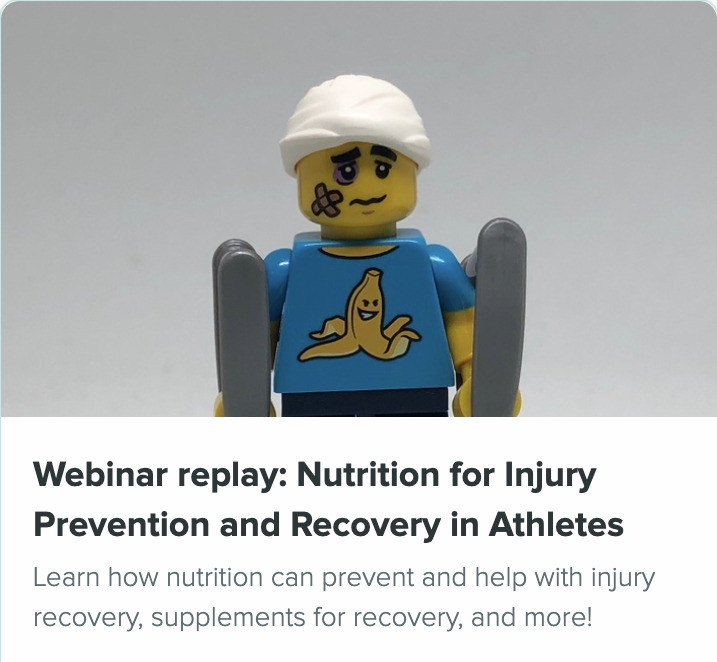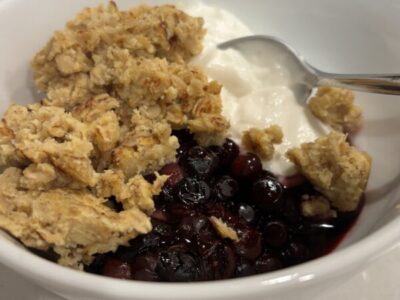
An injury can be a soul-crushing experience. Any athlete, from recreational to elite, shudders at the thought of getting injured. All that down time, all the pain and the treatments. How can you prevent injury or recover faster from it?
Preventing injury with proper nutrition
Not all injuries are preventable, but some could potentially be with proper nutrition and hydration.
Low blood sugar or dehydration can lead to injury. Consider the symptoms of each.
Symptoms of low blood sugar
- Dizziness
- Shakiness
- Irritability
- Lightheadedness
- Rapid heartbeat
Symptoms of dehydration
- Dizziness
- Rapid heartbeat
- Lack of energy
- Rapid breathing
- Headache
These aren’t exhaustive lists, but imagine that you have some or all of these symptoms while trying to train or compete. Do you want to feel dizzy, lightheaded, shaky, or tired? Of course not! Low blood sugar and dehydration has been shown to lead to decreased mental clarity along with these other symptoms. This can mean decreased reaction time or missed shots. Imagine trying to tie a safety knot while rock climbing, maneuver and accelerate around a cyclist in a road race, or aim accurately while hitting a ball if you have these symptoms. Feeling fatigued, lightheaded, etc. can lead to injury.
How can I prevent becoming dehydrated or a drop in low blood sugar?
Be sure to hydrate and fuel properly according to your sport and how long you’ll be working out. A general rule of thumb is about 30 g of carbohydrate per hour and 8 ounces of fluid per hour minimum. You may need more than this depending on your sport, the weather conditions, altitude, and more.
How else can nutrition prevent injury?
Fueling and recovering between training sessions can help prevent injury in a number of ways. Eating enough calories helps ensure healthy joints, bones, immune system, tendons, ligaments, and glycogen stores. This all helps fuel your training and your life! If you have any symptoms like increased illness, stress fractures, mood disturbances, gastrointestinal disturbances, or a lost or irregular period, this could mean you are overtraining or under-fueling.
What nutrition strategies are there for injuries?
Nutrition for soft tissue injury
MUSCLE INJURY:
- Eat high-quality protein (lean meat, fish, poultry, dairy, eggs) at least 20 grams every meal.
- Eat enough calories to promote healing. Remember, your body is trying to build new tissue–it needs calories to do this!
- Creatine may help about 3 grams/day.
- Tart cherry juice 8-12 ounces once per day in the evening may help with muscle soreness if you are sore from rehab/physical therapy.
- Curcumin/turmeric can also help with muscle soreness.
TENDON INJURY:
- Eat high-quality protein (lean meat, fish, poultry, dairy, eggs) 20 grams every meal.
- Use 5 grams collagen or gelatin + vitamin C 500 milligrams before exercise or rehab/physical therapy.
- Eat enough overall calories to promote healing.
SKELETAL INJURY:
- Eat enough overall calories to promote healing. Your body may need about 30% more than your basal metabolic rate, plus additional calories for any exercise or rehab you are doing.
- You may need less calories than before if you aren’t able to be active.
HEAD INJURY/CONCUSSION/MILD TRAUMATIC BRAIN INJURY:
- Fish oil (omega 3) 2 grams daily may help with healing and recovery.
- Creatine 2-3 grams daily may help with healing.
- Adequate calories to promote healing.
For more information check out our webinar on Nutrition for injury prevention and recovery for athletes!
Check out our amazing nutrition resources, including on-demand courses, free downloads, and webinar replays.
- Nutrition for Climbers
- The Ultimate Guide to Useful Sports Supplements
- Ditch Diets and Become an Intuitive Eater
And be sure to follow us on Instagram!
Book an appointment with the dietitian
~This is general nutrition information and is not intended as medical advice. Ask your doctor before changing anything in your diet or supplements.





